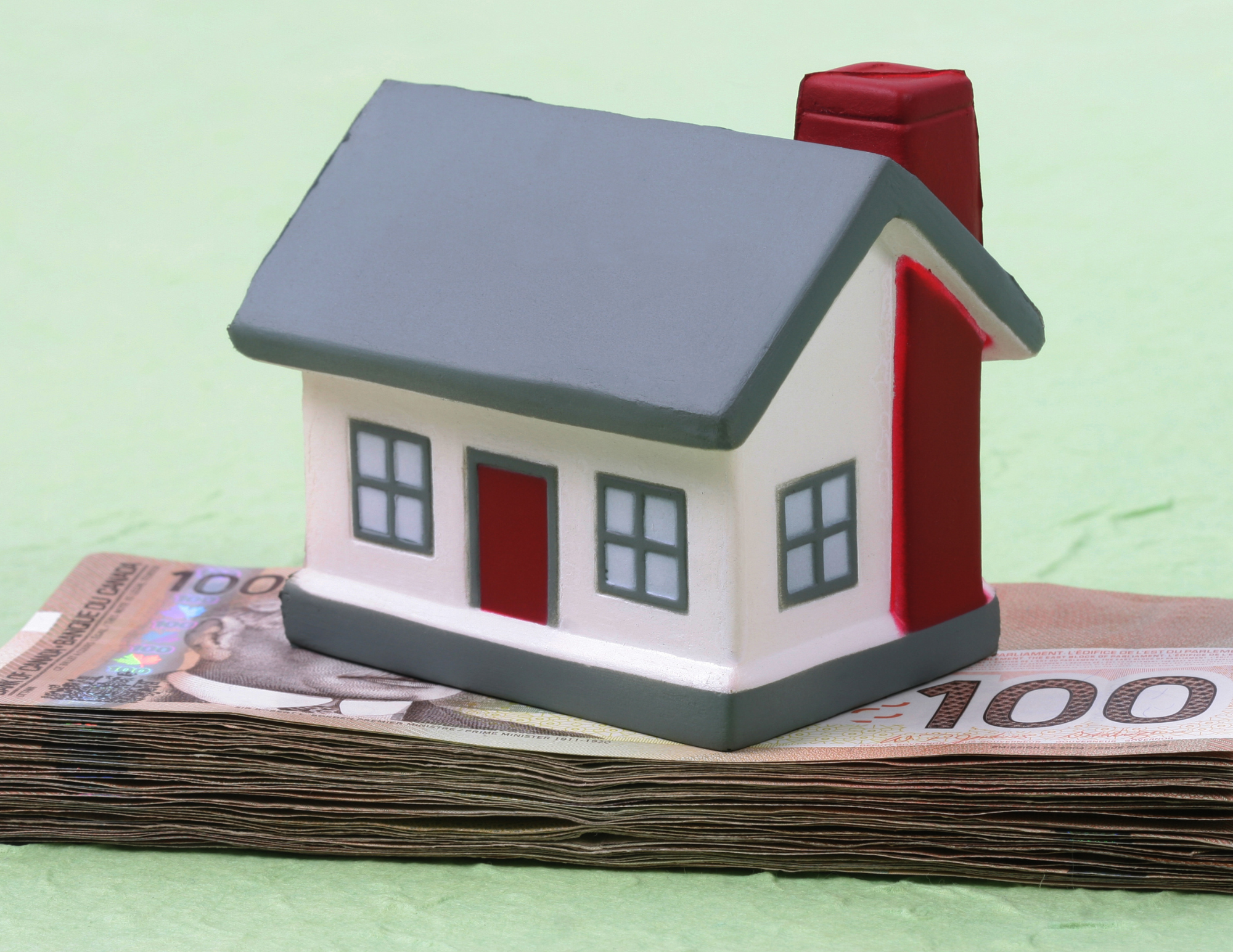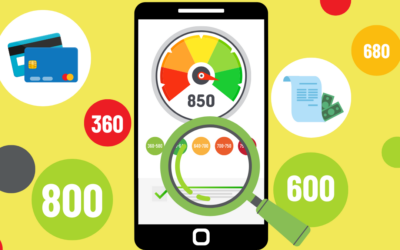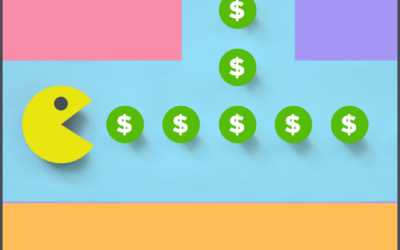Buying a house is probably the most significant investment that most of us will make in our lives. However, the terms and conditions of a mortgage can often seem complex and intimidating. Between variable and fixed rate options, different types of loans, credit history, and the impacts of bankruptcy, it can be challenging to know where to start. In this article, we will help you understand common mortgage terms in a simple and accessible way to assist you in making informed decisions.
What is a traditional mortgage loan?
A traditional mortgage loan is a type of mortgage loan that is issued by a bank or traditional financial institution. It is typically used to finance the purchase of a house and is subject to strict qualification standards, such as requirements for stable income and high credit scores. Traditional mortgage loans come with fixed or variable interest rates during predetermined terms, after which mortgage renewal takes place. During mortgage renewal, new terms are established. The loan is typically fully amortized over a period of 15 to 30 years.
What is a private mortgage loan?
A private mortgage loan is a mortgage loan that is funded by private investors rather than a traditional financial institution. Private mortgage loans can be advantageous for individuals who have not established their credit history, those with a history of bankruptcy, or high debt. These loans can also be an option for individuals in need of quick financing, for real estate investors, or to finance properties that do not meet the loan criteria of banks, such as buildings requiring significant renovations. Similar to traditional loans, private loans come with pre-established interest rates and terms at the time of contract signing.
The down payment
A well-known mortgage term, the down payment, is the sum of money that the buyer must pay at the time of purchasing a house. This amount typically represents a percentage of the purchase price of the house and is used to cover a portion of the total cost of the property. It also provides the lender with a portion of the financial risk associated with the mortgage loan. Furthermore, the higher the down payment, the lower the required mortgage loan amount, which can result in long-term savings on interest fees. In general, banks typically require a down payment of at least 5% to 20% of the total cost of the house.

Home rent-to-own
Rent-to-own is a contract that allows the occupant to rent a property for a specified period of a few years with the option to purchase or not purchase the property at the end of the rental period. This purchase option is often accompanied by an initial down payment, which is then applied to the purchase price of the property. This alternative allows those who are temporarily facing a rejection of a traditional mortgage loan to live in their future property even before acquiring it.
Home buy-back
Home buyback is an option for homeowners who are seeking to avoid foreclosure on their house in case of unforeseen financial difficulties. The owner sells the property to free up liquidity to resolve their financial issues and then becomes a tenant of the house for a specified period. At the end of the contract, the owner has the option to repurchase the property again through a traditional mortgage loan from a financial institution. This allows the owner to reclaim their property and continue to be its owner.
Fixed-rate mortgage loan
A fixed-rate mortgage loan is a type of loan where the interest rate remains the same throughout the duration of the loan, typically ranging from 1 to 5 years. This means that the monthly mortgage payments provide stability and predictability to the homeowner. This option can help establish a stable budget and plan finances in the long term. However, if market interest rates decrease after you have obtained a fixed-rate mortgage, you may miss the opportunity to benefit from a lower interest rate.

Variable-rate mortgage loan
A variable-rate mortgage loan is a type of loan where the interest rate can fluctuate during the term based on market fluctuations. This means that the monthly payments can increase or decrease depending on changes in the interest rate. This type of loan can be advantageous if market interest rates are low because it can result in lower monthly mortgage payments. However, interest rates can also increase, which can then raise your monthly mortgage payments and level of debt.
Credit record
A credit history is a report that summarizes your credit record, including the loans you have taken, payments you have made, payment delays, outstanding debts, and any other relevant financial information. Lenders use this information to assess your creditworthiness and determine whether you are a viable candidate for a loan or a credit card. In general, the more positive and solid your credit history is, the easier it will be to obtain financing. You can access your credit history by opening an account with Equifax. Tracking your credit score through their online services is an excellent way to optimize your credit history.
What is a 60-day notice / exercise of the hypothecary right?
The 60-day notice, also known as exercise of the hypothecary right, is a notification sent by a mortgage lender to a borrower to inform them that they have 60 days to rectify their payment default and avoid foreclosure of their property. If the homeowner fails to rectify the situation within the mentioned timeframe, further steps can be taken to reclaim the property, including the auctioning of the house or legal action for eviction. In such a situation, home buyback can be an interesting solution to consider as it allows the homeowner to protect their property from creditors.
Bankruptcy
Bankruptcy is a legal process that allows an individual or a business to be relieved of their debts by liquidating assets or obtaining a payment plan that can be spread over several years. In general, a bankruptcy remains on the credit report for a period of six to seven years from the date of discharge or the completion of the bankruptcy process. During this period, bankruptcy can have a negative impact on a person’s ability to obtain credit or borrow money. Lenders and creditors may view bankruptcy as a sign of high risk and be less willing to grant loans or credit to the individual.
Consumer proposal for debt settlement
A consumer proposal is an alternative to bankruptcy that allows consumers to negotiate with their creditors to repay a portion of their debts. A licensed professional authorized to handle consumer proposals works with the individual to develop a payment plan that is presented to the creditors. If the plan is accepted, the debtor can repay their debts over an agreed-upon period of time without resorting to bankruptcy. Similar to bankruptcy, a consumer proposal can have a negative impact on a person’s credit report. The proposal will be noted on the credit report for a period of three years from the date of the proposal, or until it is fully repaid.
Summary of common mortgage terms
In summary, the terms we have explored here are commonly used in the world of mortgages and real estate. It is important to understand them well in order to make informed decisions. Whether you are a prospective buyer, a current homeowner, or a real estate investor, understanding these terms can help you navigate the complex world of real estate and make the best possible choices for your situation.
Feel free to follow our Facebook page and subscribe to our newsletter to stay updated on our future educational articles in the real estate field!




